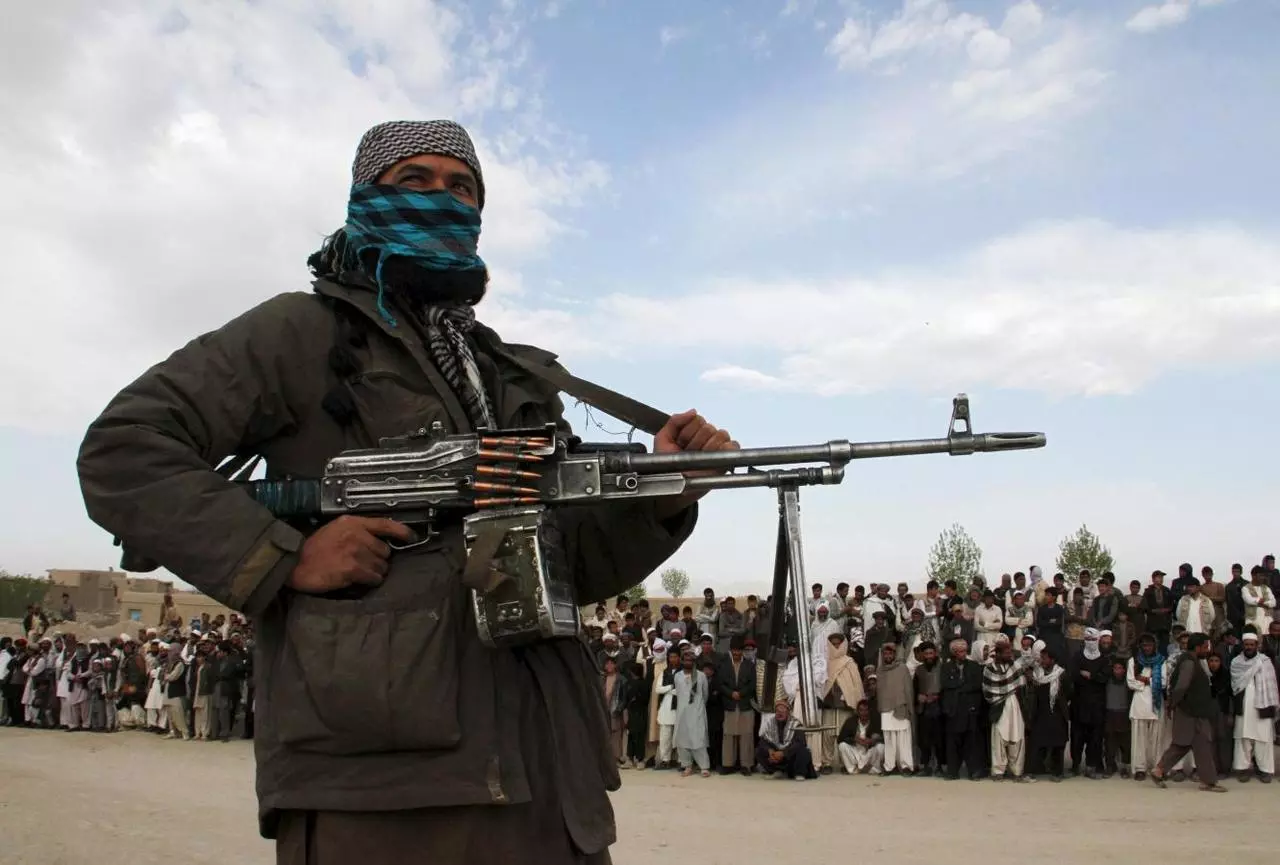
UN report warns of expanding threat from terror groups like Daesh, Al-Qaeda in Afghanistan
text_fieldsKabul: The United Nations in a new report has warned that the threat from terror groups such as Daesh and Al-Qaeda is expanding in many places in Afghanistan.
The report by the UN Security Council, published on Thursday, said that despite territorial, leadership, manpower and financial losses during 2020 in Kunar and Nangarhar provinces, Daesh's Khorasan branch, or ISIL-K, has moved into other provinces of Afghanistan, including Nuristan, Badghis, Sar-e-Pul, Baghlan, Badakhshan, Kunduz and Kabul, where the fighters have formed sleeper cells, Tolo News reported.
The report said that the group has strengthened its positions in and around Kabul, where it conducts most of its attacks, targeting minorities, activists, government employees and personnel of the Afghan National Defense and Security Forces.
The UN report said that as reported by the UN Monitoring Team in its 12th report to the Security Council Committee established pursuant to Resolution 1988 (2011), Al-Qaeda is present in at least 15 Afghan provinces, primarily in the eastern, southern and south-eastern regions.
Tolo News said that the Al-Qaeda in the Indian Subcontinent (AQIS) operates under Taliban protection from Kandahar, Helmand and Nimroz provinces.
Since the death of Asim Umar in 2019, AQIS has been led by Osama Mahmood, the report said, adding that the group consists mainly of Afghan and Pakistani nationals, as also individuals from Bangladesh, India and Myanmar.
On March 30, AQIS commander Dawlat Bek Tajiki (alias Abu Mohammad al-Tajiki) was killed by Afghan forces in Gyan district of Paktika province.
"Al-Qaeda leader Ayman al-Zawahiri is assessed by the member states to be alive but ailing in Afghanistan. SayfAl Adl, his most likely successor, is reported to remain in the Islamic Republic of Iran," the report stated.
The member states differ as to what Al Adl's options would be if he is called upon to succeed al-Zawahiri, but most assess that he would have to move as basing himself in Afghanistan might not be an option, the report said.
The leadership succession calculations of Al-Qaeda are complicated by the peace process in Afghanistan where, under the Doha agreement of February 2020, the Taliban is committed to suppressing any international terrorist threat, the report said, but added that it is unclear whether Sayf-Al Adl would be able to travel to Afghanistan to take up the position of the leader of Al-Qaeda.
The report mentioned that some member states point to his history of living and operating from Africa and assess that he might choose to base himself there.
The report also said that the Islamic Movement of Uzbekistan, IMU, faces financial difficulties and a Taliban that is less accommodating than it used to be, Tolo News said.






















